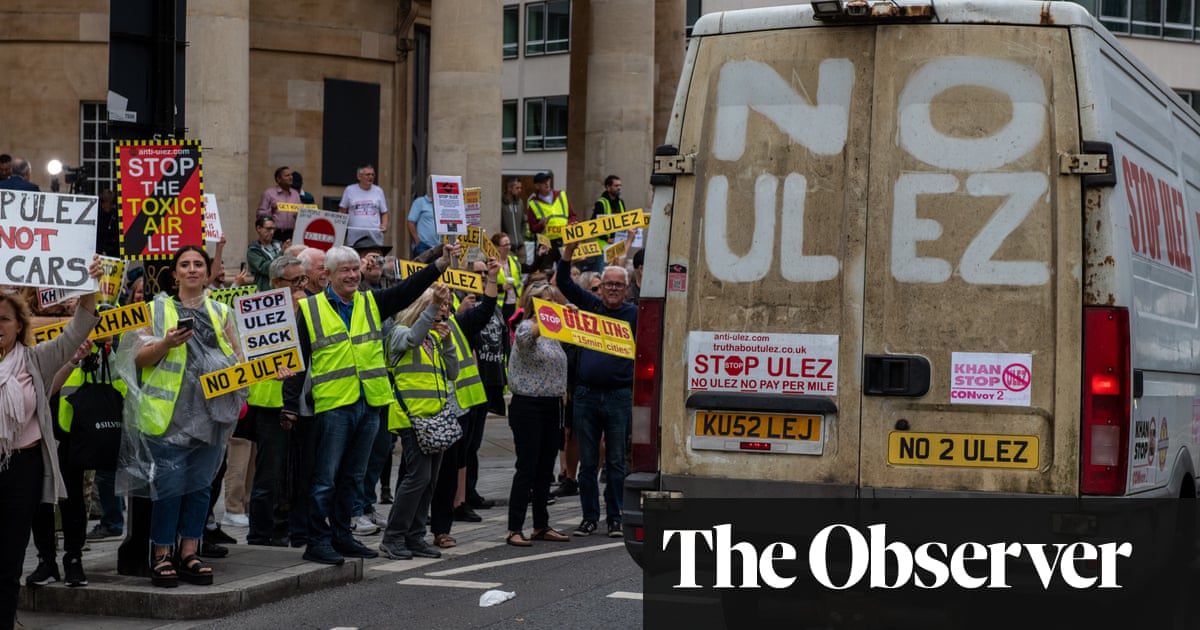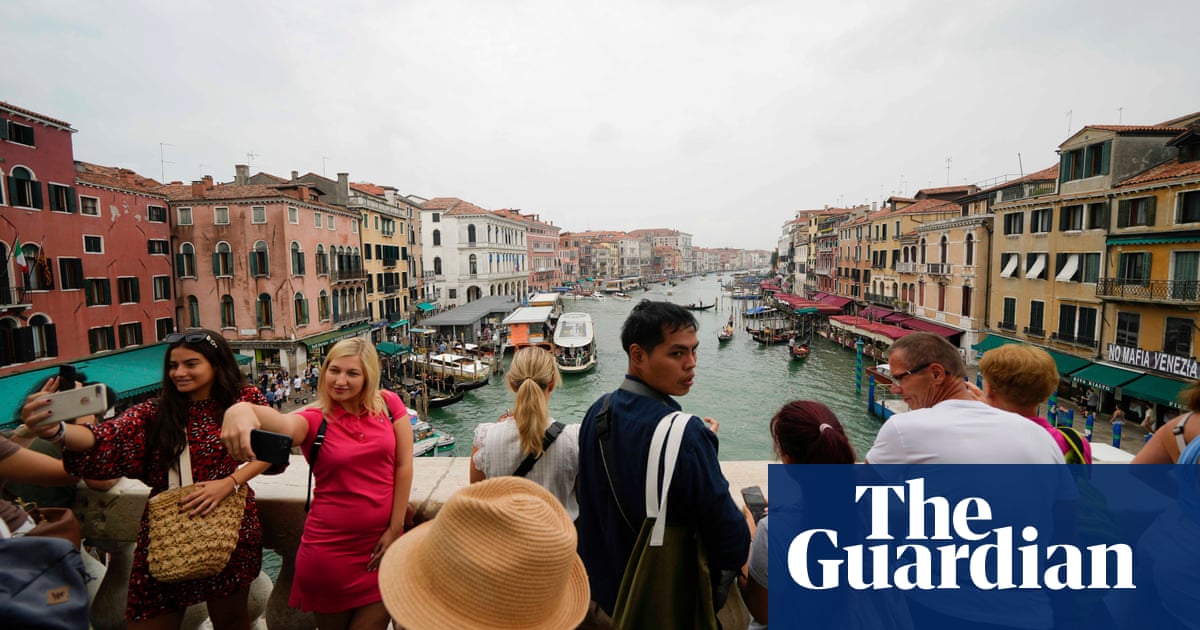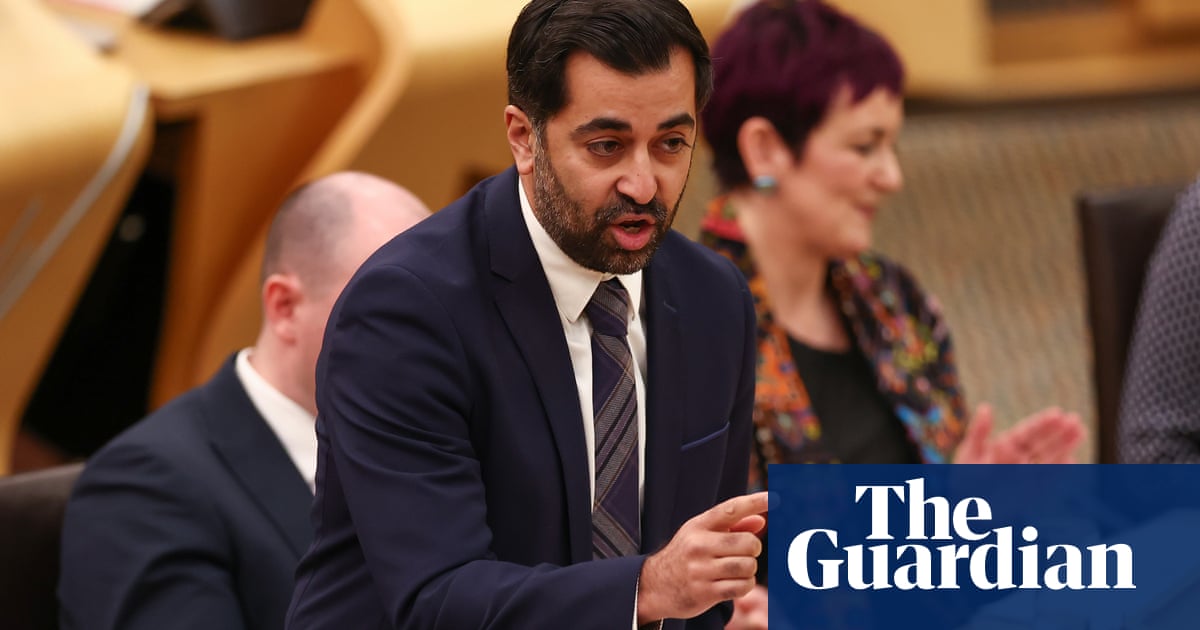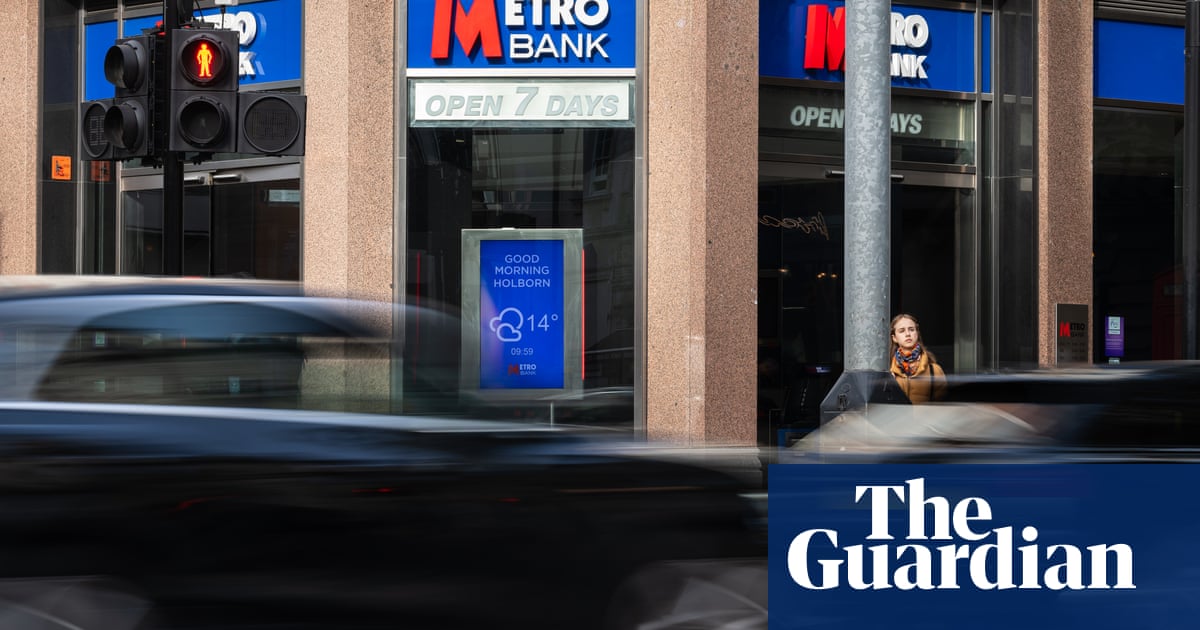
What is Ulez?
London’s ultra-low emission zone, introduced in 2019 to tackle toxic air in the city. The policy was originally drawn up under the previous mayor, Boris Johnson, covering the capital’s central congestion zone. Sadiq Khan extended it in October 2021 to cover most inner boroughs, out to a boundary of the north and south circular roads.
How does it work?
The oldest, most polluting vehicles have to pay a daily charge to drive in the zone – £12.50 for cars and more for older coaches and lorries – although the majority of cars are exempt.
Why is it so controversial now?
Khan intends to expand it to cover all of Greater London in August. More people in outer London boroughs – and those living just outside the capital who drive in – are dependent on cars, with fewer public transport options, and can be charged for essential journeys. Diesel drivers in particular are aggrieved, as some of the non-compliant cars and vans could be less than 10 years old and were once seen as efficient, but are now known to be highly polluting since the dieselgate scandal.
How do people know if their vehicle is liable for the charge?
They can check it on Transport for London’s website by entering the registration number. Broadly, only petrol cars older than 2005 or diesels registered before 2015 are liable.
Why is Khan pressing ahead?
He argues that air pollution is a public health emergency, and that there are 4,000 premature deaths a year from toxic air in the capital. Most people in central London do not own cars, and TfL claim that 9 out of 10 cars will not be charged. The significant expansion of Ulez in 2021 has been accepted. Cities around the country have been told they need to enforce clean air zones by the government.
What can people do if they own a non-compliant vehicle?
London is running a £110m scrappage scheme which will pay owners of non-compliant cars up to £2,000 if they are on lower incomes or benefits. Sole traders, small businesses and charities can receive up to £9,500 for upgrading vans. Discounts and exemptions are also available for certain people in need, for example NHS patients who cannot use public transport.
How could the scrappage scheme be improved?
Only London residents are eligible, and not all of them. Khan argues that the government should help fund a national scheme for those who wish to drive in from outside the city. Motoring organisations have also called for much bigger national scrappage schemes, with the AA urging a £1bn scheme in the UK in 2019 when the extent of nitrogen oxide pollution from diesel became apparent.
Will the Ulez expansion definitely go ahead?
That is Khan’s plan, despite Labour concerns after the Uxbridge byelection. Five Conservative-led councils brought a legal challenge, and after a high court hearing in early July, the verdict is expected by the end of the month.












